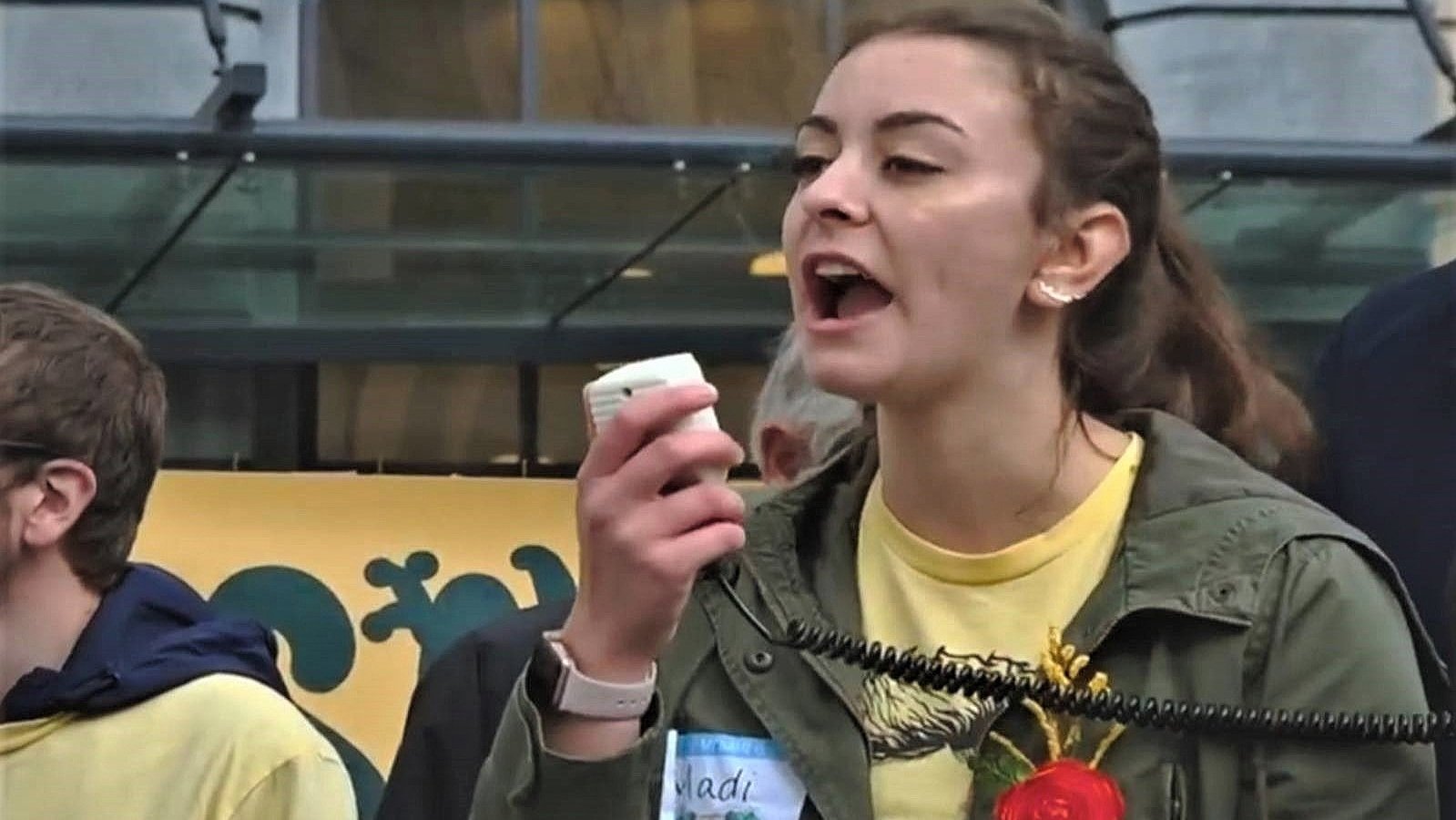Atomic Hope
The benefits of nuclear power are explored in Frankie Fenton’s one-sided documentary.
Given my low rating here, it is only fair to say at the outset that this is a well-made film. It is the work of an Irish filmmaker, Frankie Fenton, who as well as being a co-producer is both the director and the photographer and in both capacities he does a good job. In addition, Atomic Hope is well edited by John Murphy, but for once this is a work in respect of which any critical assessment is determined by one's reaction to the aptness or otherwise of its chosen material.
Before viewing the film, I had read two reviews which explained that its concern was to espouse the cause of those who believe that the only chance to defeat climate change is to embrace the nuclear option. The main criticism expressed was that there was no debate with the many who take a different view and consequently I was surprised to find that pre-credit footage immediately referred to history and included images of the explosion of the atomic bomb. Indeed, later on we see fresh footage shot near Chernobyl and in Fukushima Prefecture, but for all that I did come to regard the approach as too one-sided to be of real value. However, it should also be stressed that the film does not come forward under false colours: we even find that the title Atomic Hope is extended to include this description: Inside the Pro-Nuclear Movement. That is an accurate indication of what the film gives us. It starts in 2012 and proceeds in chronological order as it introduces members and supporters of such groups as the Thorium Energy Alliance, Generation Atomic and Mothers for Nuclear with several key figures reappearing throughout.
Somewhat arbitrarily Atomic Hope is divided into seven titled chapters. Late on there is acknowledgement of some division over tactics (do you give limited support to those who favour renewables such as wind and solar power, albeit stressing that they are only capable of a subsidiary role, or do you actively criticise them?). But there is a consistent general line here, namely that only nuclear can succeed and that we have an unjustified fear of it due to its history. It's a viewpoint that encourages stress on the safety of nuclear waste that has been stored, on the fact that the dangers from radiation have been hugely overstated and that far more people are killed by air pollution. As the film travels the globe and introduces us to nuclear supporters – several of them being converts to this view –we meet advocates who could not be more sincere. One of them, Michael Shellenberger, refers to being on the right side of the truth, but a phrase much heard recently immediately comes to mind – namely that what he offers to us is his truth.
Anybody who already shares the beliefs presented here is likely to applaud the film, but to be of value this documentary would need to take detailed account of conflicting views or contain more specific revelations. The cell biologist Iida Rushalme who adopts a nuclear stand is firmly convinced that she is acting in the best interests of her children and she regrets that those who disagree with her are led astray by misconceptions. But that does not lead to the film making a clear case of what these misconceptions are. In trying to reassure us that the impact of what happened at Chernobyl and Fukushima was not really that bad, the film has no regard to possible future nuclear accidents that could be worse and no mention is made of President Putin. The closing of nuclear sites is deplored without any thought of their existence in wide numbers increasing the risk due to accidents or to such a site being attacked by an enemy in wartime. Those better versed than I in these matters may be aware of statements made here that could immediately be challenged directly. But, whether or not that applies, to be presented with a one-sided statement on such a controversial issue as this and within a movie that allows no real argument to be heard seems to me to have little or no value.
MANSEL STIMPSON
Featuring Michael Shellenberger, Iida Rushalme, Eric Meyer, Jim Smith, John Kutsch, Ben Heard, Moto-Yasu Kinoshita, Gerry Thomas, Madison Czerwinski, Kristin Zaitz, Wolgang Denk, Michio Yamawaki, Tay Stevenson.
Dir Frankie Fenton, Pro Frankie Fenton and Kathryn Kennedy, Screenplay Frankie Fenton, Ph Frankie Fenton, Ed John Murphy, Music Natasa Paulberg.
Kennedy Films/Screen Ireland-Wildcard Distribution.
82 mins. Ireland. 2022. UK Rel: 17 February 2023. No Cert.


